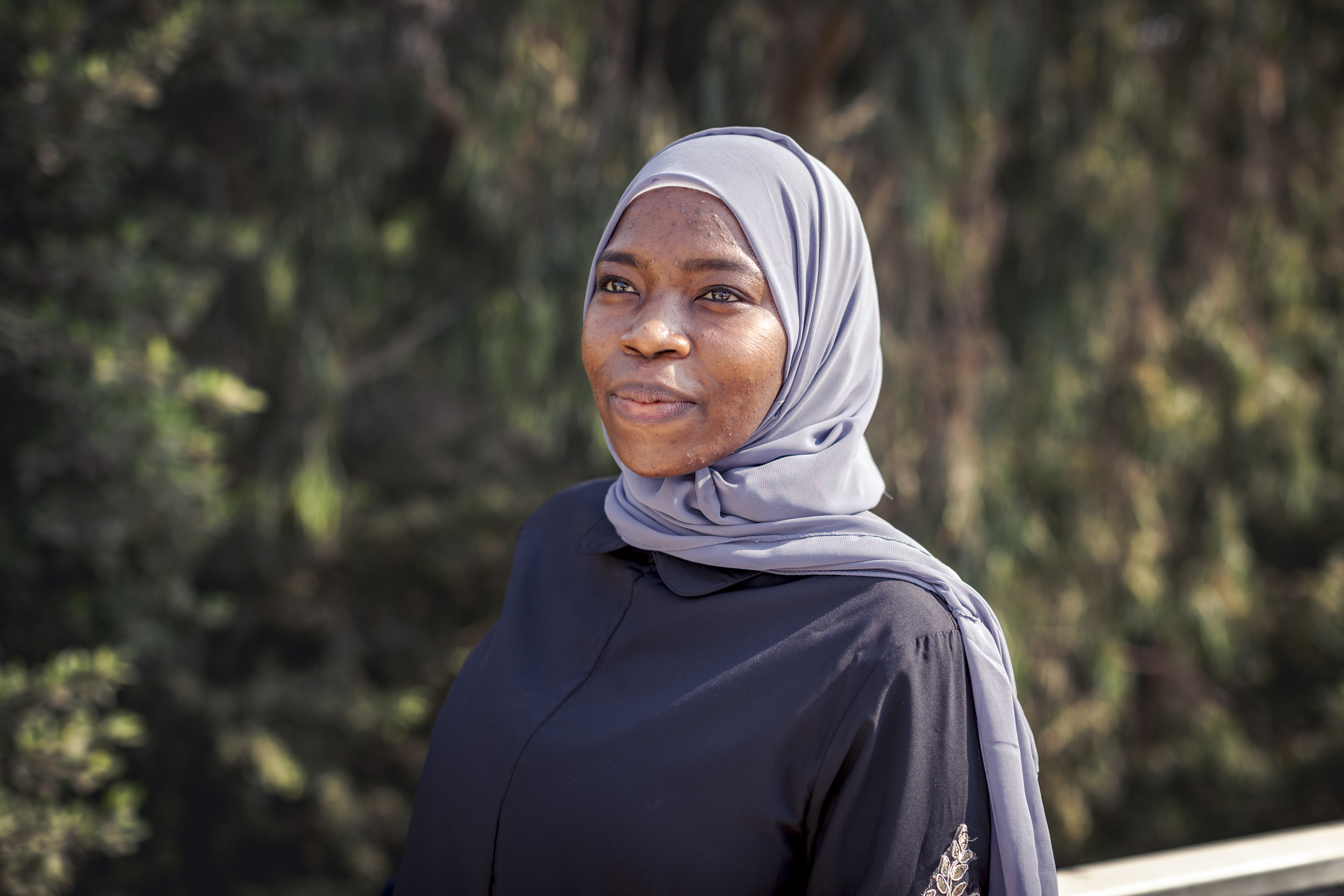Displaced in Georgia get access to computer and information technology
Displaced in Georgia get access to computer and information technology

KARALETI, Georgia, February 1 (UNHCR) - The UN refugee agency has expanded its Community Technology Access (CTA) programme to Georgia, giving thousands of displaced people access to computers for education and livelihood purposes.
"Knowledge is a key, and this programme is giving that key to IDPs [internally displaced people] and refugees here," Peter Nicolaus, UNHCR's representative in Georgia, said on Saturday at the opening of Georgia's first CTA centre in the new settlement of Karaleti, which lies in the Shida Kartli region close to the breakaway region of South Ossetia.
UNHCR and its implementing partner, World Vision International, plan to open similar centres in the coming weeks in eight more settlements in Shida Kartli and two in north-east Georgia's Pankisi Gorge, where some 800 Chechen refugees are rebuilding their lives with support from UNHCR and its partners.
The Shida Kartli region shelters about 30,000 people who fled their homes during the brief conflict in August 2008 between Georgia and the Russian Federation over South Ossetia. Some 4,200 of the IDPs live in the nine settlements.
The launch of the programme in Georgia was welcomed on Saturday by those who will use it. "Having access to the internet means I can stay up-to-date with new information and pass it on to my students," said Sophio Melquoshvili, who fled her home in August 2008 and now teaches in a primary school.
Another IDP, Marika Gochashvili, said: "I used to be a nurse, but I cannot find nursing jobs here so I am interested in learning as much as I can about ICT [information and communications technology] so that I can teach others."
The CTA programme was announced last September at the annual meeting of the Clinton Global Initiative by UNHCR and its corporate partners, Microsoft and PricewaterhouseCoopers. The aim is to help improve the lives of the forcibly displaced by giving them access to computer technology, including the internet, for education as well as business and livelihoods purposes.
Under the first phase of the programme, successful pilot projects were launched in refugee camps in Rwanda and Bangladesh. The CTA centres in Georgia are being opened under the project's second phase, which will see computer technology brought to the displaced in Georgia and up to eight other countries.
The CTA project in Georgia will also maximize the role IDPs and refugees play in the delivery of information and communications technologies, including training them and locals to become managers of ICT facilities, maintenance and repair technicians, and teachers.
The centres will provide classes for children and computer literacy courses and distance learning for youth and adults. Other services will include entrepreneurship training, business centres, employment services and career counselling. Where possible, CTAs will generate income to cover costs.
Shida Kartli's Deputy Governor Giorgi Avaliani applauded the opening of the centre and thanked UNHCR for helping the IDPs. "I am sure that new technologies, and access to those technologies, will change their everyday life," he said, adding that the project "will have a very satisfying result."
By Suzanne Murray-Jones in Karaleti, Georgia








